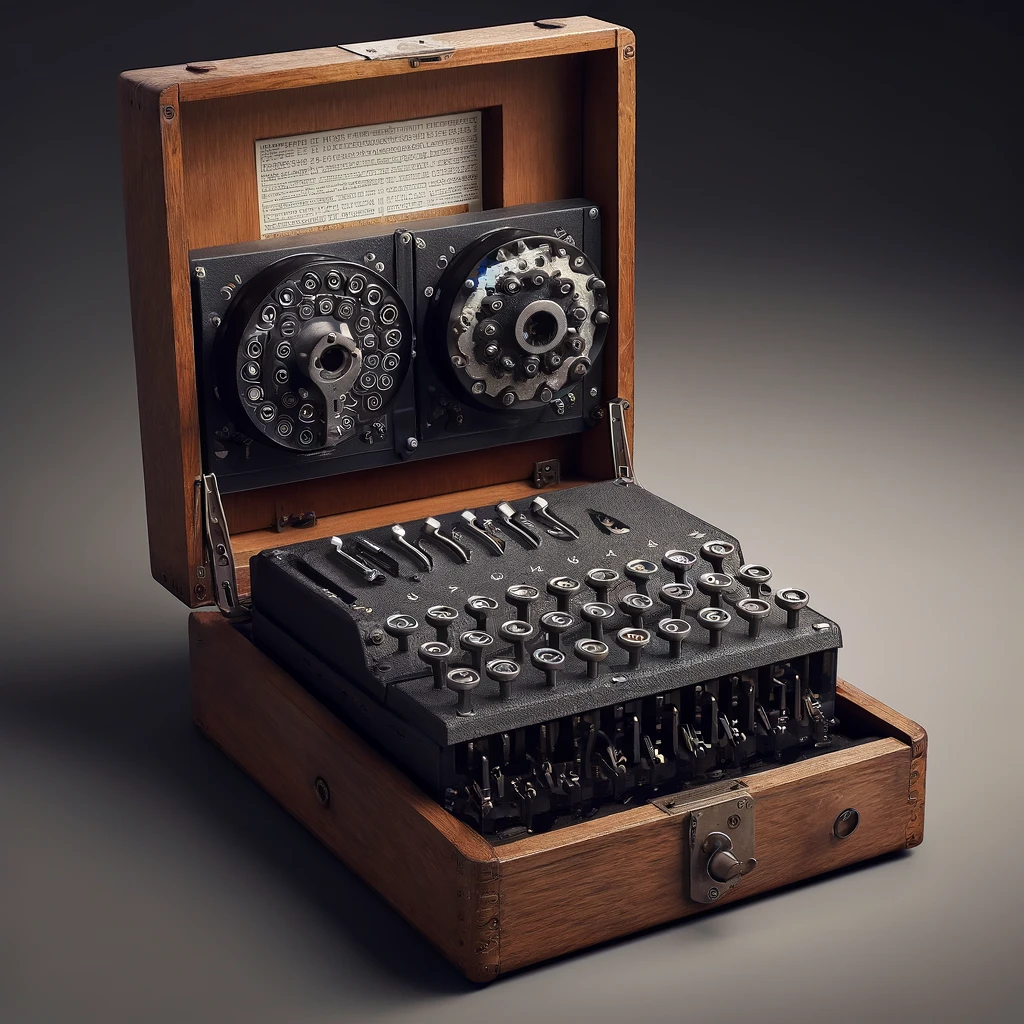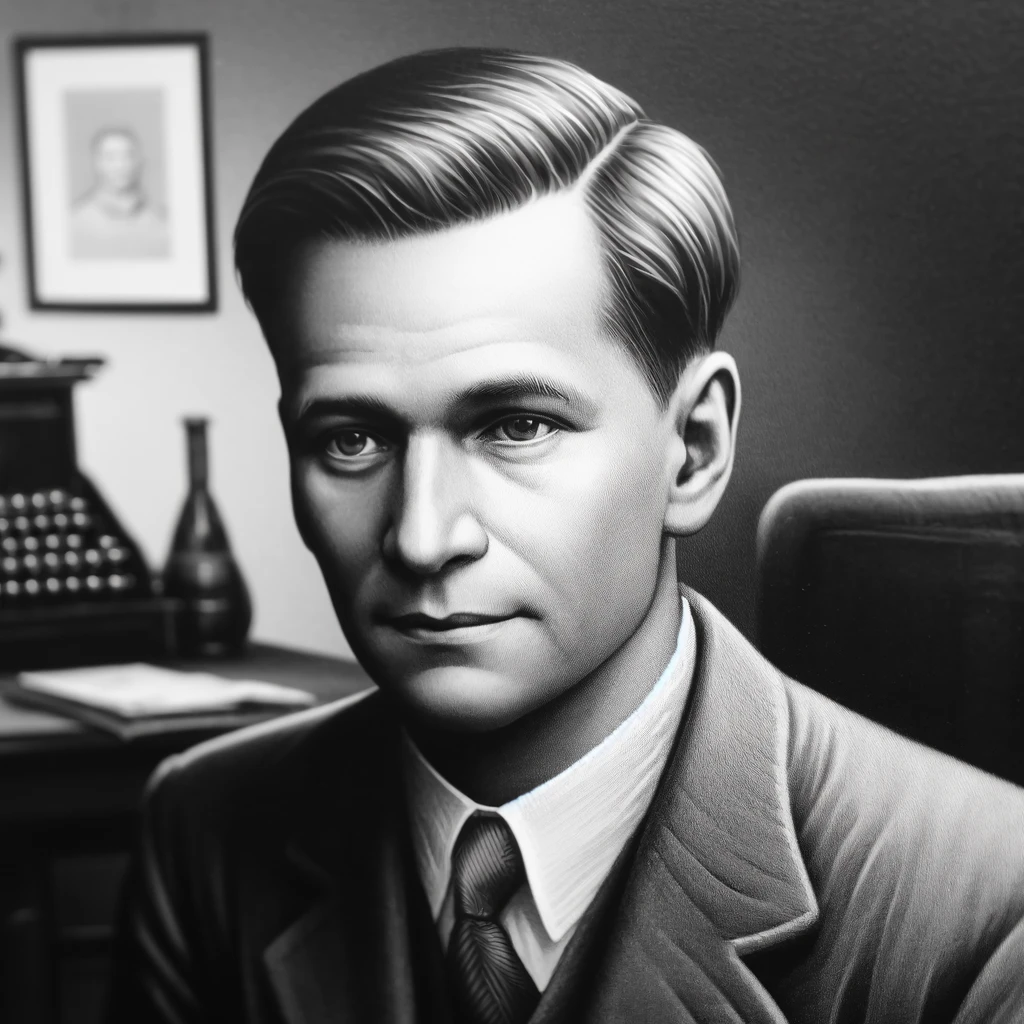The quest to crack the Enigma, a sophisticated German cipher machine used extensively during World War II, involved a complex web of intelligence efforts by the Allies. While the contributions of the British, Polish, and French are widely acknowledged, the role of a lesser-known figure, a German double agent named Hans Thilo Schmidt, is equally pivotal but often overlooked.
Fast Track:
TL;DR
Schmidt, who worked within Germany’s cipher office, had access to critical information about the Enigma machine. In a dramatic twist of fate, he chose to betray his country not out of ideological motives but for financial reasons. His desire for a more luxurious lifestyle for himself and his family led him to contact French intelligence.

Early Involvement and Contributions In 1931, Schmidt made his first contact with French intelligence, specifically with a German-born agent, Rudolf Lemoine, who worked for the French. During their covert meetings, Schmidt provided the French with invaluable documents, including operating manuals for the Enigma machine. These documents were crucial as they contained details about the machine’s configuration, which had stumped Allied cryptologists.
Collaboration with the French The intelligence Schmidt provided facilitated the early attempts to understand and eventually crack the Enigma cipher. The French, although initially skeptical, shared these documents with their Polish counterparts, who had been working independently on breaking the Enigma code. The Polish intelligence team, led by Marian Rejewski, was able to make significant advancements thanks to Schmidt’s information.

Impact and Legacy Schmidt’s espionage did not only revolve around the Enigma; he also passed on a wide range of German military secrets, which included detailed plans for rearmament and strategies for potential military campaigns across Europe. His actions, motivated by personal gain, inadvertently supported the Allied efforts significantly.
Despite the immense value of his contributions, Schmidt’s story ends tragically. As the war progressed and the Germans tightened security, Schmidt was eventually captured by the Gestapo. Facing certain death, he chose to end his life in prison to avoid giving up more information under torture or facing a public execution.
TL;DR
- 🕵️♂️ Unlikely Hero: Hans Thilo Schmidt, a German double agent, played a crucial role in the early efforts to crack the Enigma cipher, driven by personal financial needs rather than political beliefs.
- 📜 Critical Intelligence: His provision of detailed documents and operational manuals to French intelligence was instrumental in the Allied cryptologists’ eventual success against the Enigma machine.
- 💰 Motivations: Unlike many who engaged in espionage out of ideological convictions, Schmidt’s primary motivation was monetary, highlighting the diverse reasons behind individuals’ decisions to become spies.
- 🤝 Allied Collaboration: Schmidt’s intelligence significantly bolstered the collaborative efforts of the French, British, and Polish intelligence services in their fight against the Nazis.
- 🎖️ Tragic End: Captured by the Gestapo, Schmidt ended his life in custody, a stark reminder of the dangerous lives led by spies during wartime and the severe consequences of their discovery.
Schmidt’s story complicates the narrative of wartime espionage, blending personal motives with significant historical outcomes. His life and actions underscore the complex human elements in the broader machinery of war and intelligence.

Please allow some time for comment manual approval.